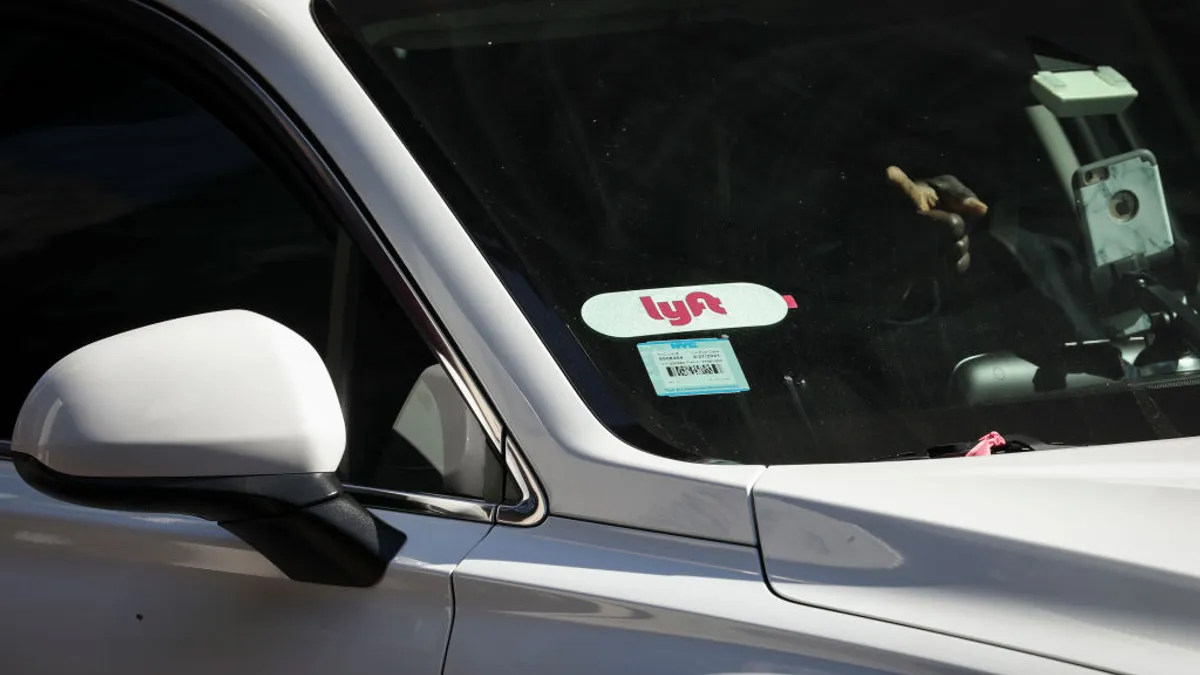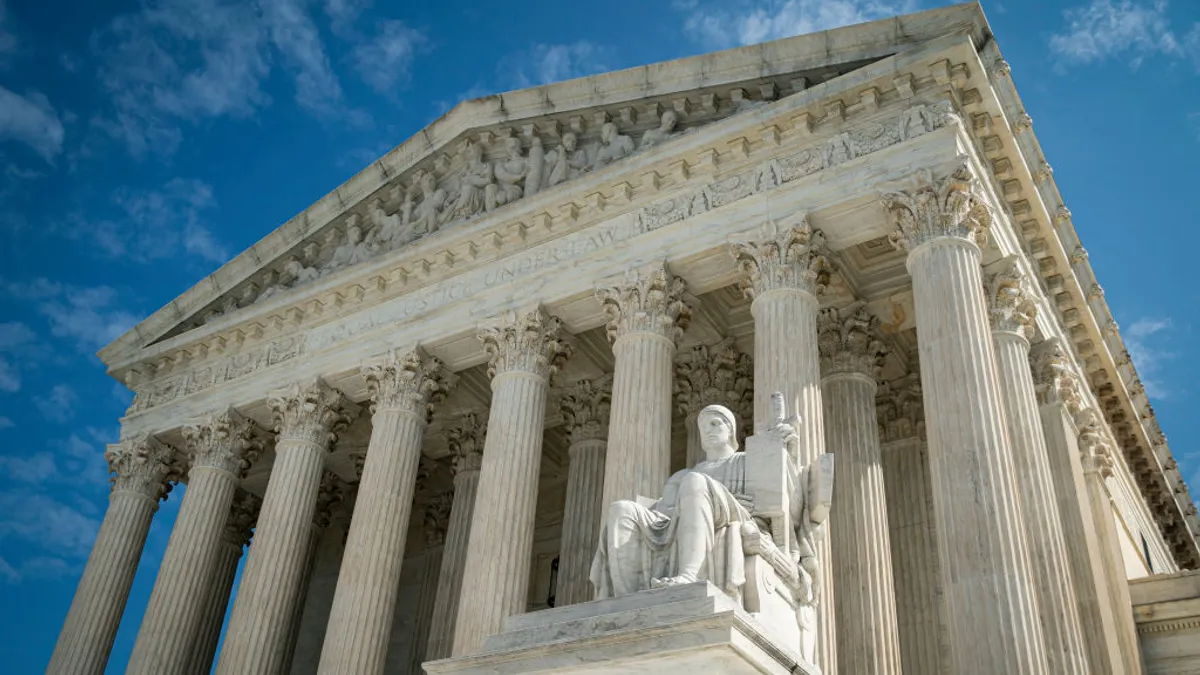A California judge's ruling struck down one of the most consequential ballot initiatives to impact U.S. gig workers, but the larger legal battle is far from over.
The case, Castellanos v. State of California, deals with Proposition 22. During the 2020 election cycle, 58.6% of California voters supported the initiative, which classified ride-share drivers on platforms such as Uber, Lyft and DoorDash as independent contractors. Prop 22 had been funded and promoted by those same companies as a response to Assembly Bill No. 5, a law California's legislators passed in 2019.
Assembly Bill No. 5 codified a worker classification test first articulated by California's Supreme Court, known as the "ABC'' test. The test set new standards for determining whether a worker is properly classified as an employee or independent contractor under state law, with some opining that workers on gig-economy apps would be classified as employees under the test.
That speculation appeared to be confirmed in October 2020 when a state appeals court upheld a lower court's decision forcing Uber and Lyft to classify California drivers on their platforms as employees. Prop 22's passage, however, preserved the status quo.
On Aug. 20, however, the Alameda County Superior Court ruled that a component of Prop 22 violated the state's constitution. Specifically, the court held that Section 7451 of Prop 22's statute limited the power of a future state legislature from enacting legislation that would designate ride-share drivers as workers subject to California's workers' compensation law. "Because Section 7451 is not severable from the remainder of the statute, the Court finds that the entirety of Proposition 22 is unenforceable," the court said.
A coalition of the companies that funded Prop 22, the Protect App-Based Drivers & Services Coalition, or PADS, has already promised to appeal the decision.
"We believe the judge made a serious error by ignoring a century's worth of case law requiring the courts to guard the voters' right of initiative," Geoff Vetter, PADS' spokesperson, said in an Aug. 20 statement. "Importantly, this Superior Court ruling is not binding and will be immediately stayed upon our appeal. All of the provisions of Prop 22 will remain in effect until the appeal process is complete."
The court's ruling is a "very nuanced issue that arises from the somewhat complex nature of the initiative and the resulting constitutional questions," according to Corey Cabral, partner in the Sacramento, California, office of management-side firm CDF Labor Law LLP. It also appeared to address checks and balances within the state government rather than issues pertaining to the classification of ride-share drivers.
But outside of the case's narrow applicability to ride-share drivers, it also may hold some importance for California employers in other industries that have sought initiatives that would make employment of their workers "less arduous" with respect to the state's labor code requirements, Cabral said.
One example occurred in 2018, when employers in California's emergency medical ambulance industry funded a successful ballot initiative to create a carve-out in the state's labor code that provided relief from some meal and rest break requirements.
In a 2016 ruling, Augustus v. ABM Security Services, the state Supreme Court held that employers of security officers violated the labor code when they required the officers to keep radios on their person and respond to calls on their radios during rest breaks. That ruling led emergency medical service employers to campaign for a ballot initiative to create a carve-out allowing EMS workers to remain on-call to respond to emergencies during breaks.
The resulting ballot initiative, Proposition 11, passed 59.6% to 40.3%.
The comparison between Prop 11 and Prop 22 is apt, Cabral said, because both examples involve cases in which an industry faced a new labor law, or an interpretation of an existing labor law, that "undermines and/or threatens the existence of the industry, or certainly the industry's ability to continue doing business in a fundamental matter that has always been an aspect of the industry."
As Castellanos makes its way through the appeals process, Cabral said a key question for the state's judiciary to decide will be whether the Prop 22 statute can exist with a more narrow construction that would render it constitutional, or whether it must be rescinded entirely.
Meanwhile, gig worker advocacy groups and labor organizers — including the Service Employees International Union, one of the plaintiffs to the case — celebrated the court's ruling.
Bob Schoonover, President of SEIU California State Council, issued the following statement:
— SEIU 1021 (@seiu1021) August 21, 2021
“Today’s ruling by Judge Roesch striking down Proposition 22 couldn’t be clearer: The gig industry-funded ballot initiative was unconstitutional and is therefore unenforceable... https://t.co/0Dj2YEqt8N
After the ruling, the Twitter account of Northern California union SEIU Local 1021 shared a statement from President Bob Schoonover. "For two years, drivers have been saying that democracy cannot be bought. And today's decision shows they were right," Schoonover said.
The plaintiffs in Castellanos tried earlier this year to bring their case before the California Supreme Court, but the court issued a disposition in February declining to review the petition.
Correction: A previous version of this story incorrectly stated Cabral's location and used the incorrect name for CDF Labor Law LLP.



















